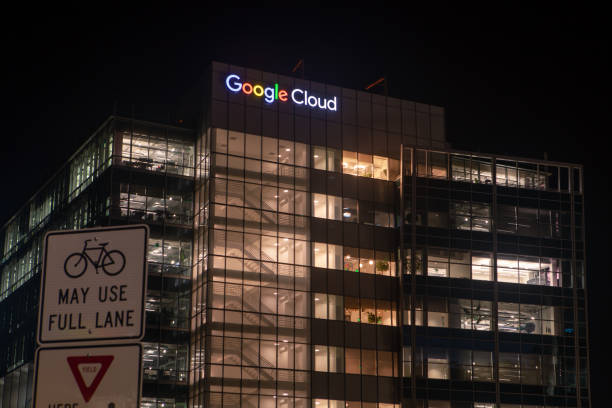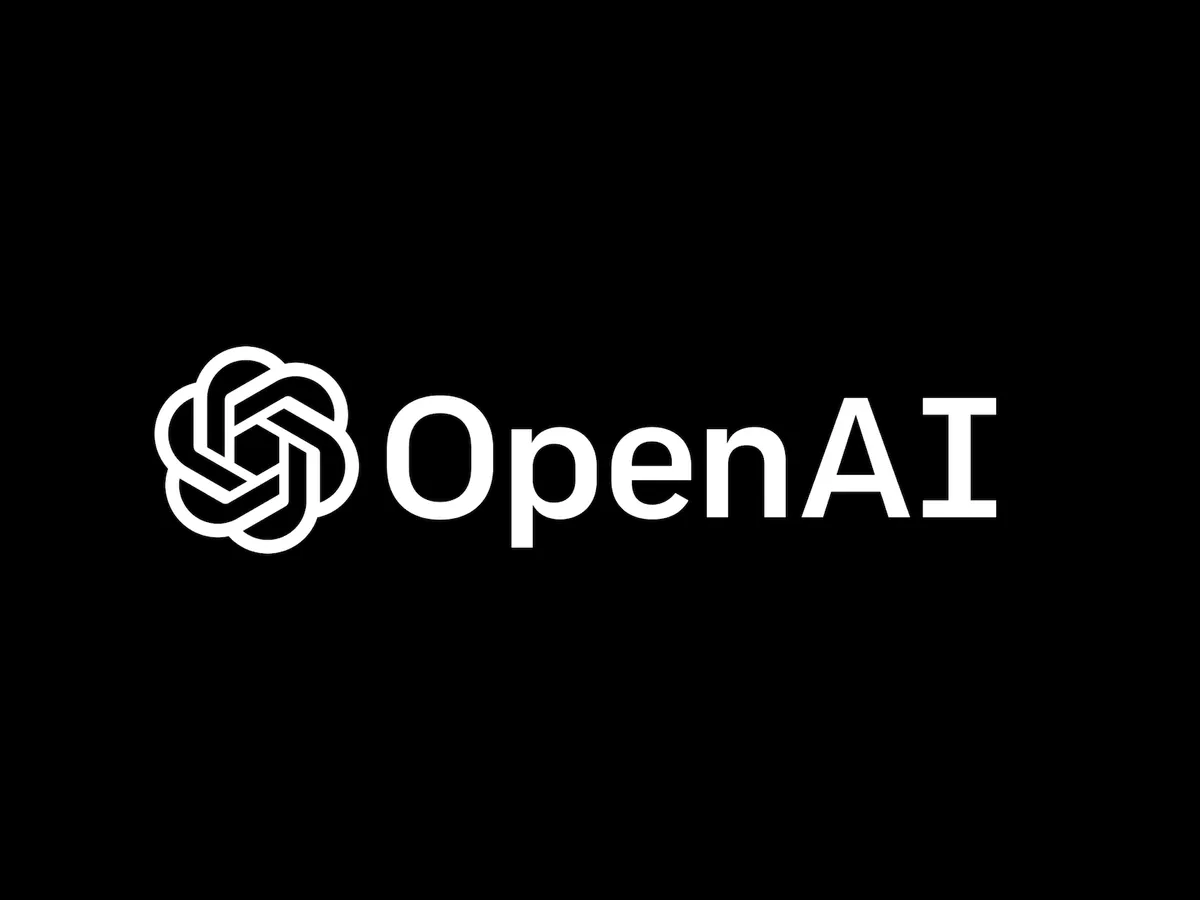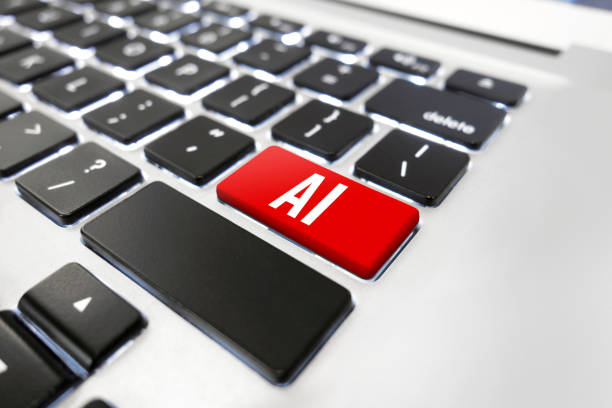Google AI; In recent years, artificial intelligence (AI) has emerged as one of the most transformative technologies, promising to revolutionize various industries and change the way we live and work. Among the pioneers in this field, Google stands out with its groundbreaking advancements in AI.

With its commitment to innovation, research, and development, Google AI has not only made significant contributions but has also spearheaded the democratization of AI technology. In this blog post, we will explore the incredible journey of Google AI and how it continues to shape the future.
The Birth of Google AI:
Google’s journey in AI began in the early 2000s, with its founders Larry Page and Sergey Brin envisioning a search engine that understands and caters to user intent better than ever before. This vision led to the development of sophisticated algorithms and machine learning techniques, which formed the foundation of Google’s search engine. Over time, Google expanded its horizons, recognizing the immense potential of AI beyond search.
Research and Development:
Google AI is not just a product, but a hub for research and development. Google Brain, the AI research division, comprises some of the brightest minds in the field. Their groundbreaking research in deep learning, neural networks, natural language processing, and computer vision has paved the way for numerous AI applications. Through collaborations with academia and open-source initiatives, Google AI has fostered a culture of knowledge sharing and innovation.
Applications of Google AI:
Google’s commitment to AI can be seen in the diverse applications it has developed. One of the most prominent examples is Google Assistant, an AI-powered virtual assistant that has revolutionized the way we interact with our devices. By leveraging natural language processing and machine learning, Google Assistant provides personalized assistance, performs tasks, and even engages in natural conversations.
Another notable application is Google Translate, which utilizes AI to break down language barriers by providing near-instant translations across dozens of languages. Google Photos uses AI algorithms to organize and tag photos, making it easier to search and manage vast collections of images.
Google’s AI capabilities also extend to healthcare, where it has demonstrated its potential in diagnosing diseases, predicting patient outcomes, and improving medical imaging analysis. Additionally, Google’s AI-powered recommendation systems have enhanced the user experience across its platforms, such as YouTube and Google Maps.

Ethical Considerations:
As AI technology progresses, so do the ethical concerns surrounding its use. Google AI recognizes the importance of responsible AI development and has made efforts to address these concerns. It has established ethical principles, emphasizing transparency, fairness, and accountability. Moreover, Google has actively engaged in discussions surrounding AI ethics and supports the development of guidelines and regulations to ensure the responsible deployment of AI systems.
Democratizing AI:
Google AI’s mission goes beyond its own products and services. It aims to democratize AI technology, making it accessible to developers, researchers, and businesses worldwide. By providing open-source frameworks like TensorFlow, Google has empowered developers to build their own AI models and applications. Additionally, Google’s AI Education initiatives offer online courses, workshops, and resources to educate and inspire the next generation of AI enthusiasts.

Conclusion:
Google AI has undoubtedly played a transformative role in advancing the field of artificial intelligence. From its humble beginnings as a search engine to its vast array of AI-powered applications, Google has continuously pushed the boundaries of what is possible. With its commitment to research, ethical considerations, and democratization, Google AI is not only shaping the future but also fostering a collaborative and responsible AI ecosystem. As we look ahead, we can expect Google AI to lead the way in further innovations, creating a world where intelligent technology improves lives on a global scale.
FOLLOW US FOR MORE TIPS








